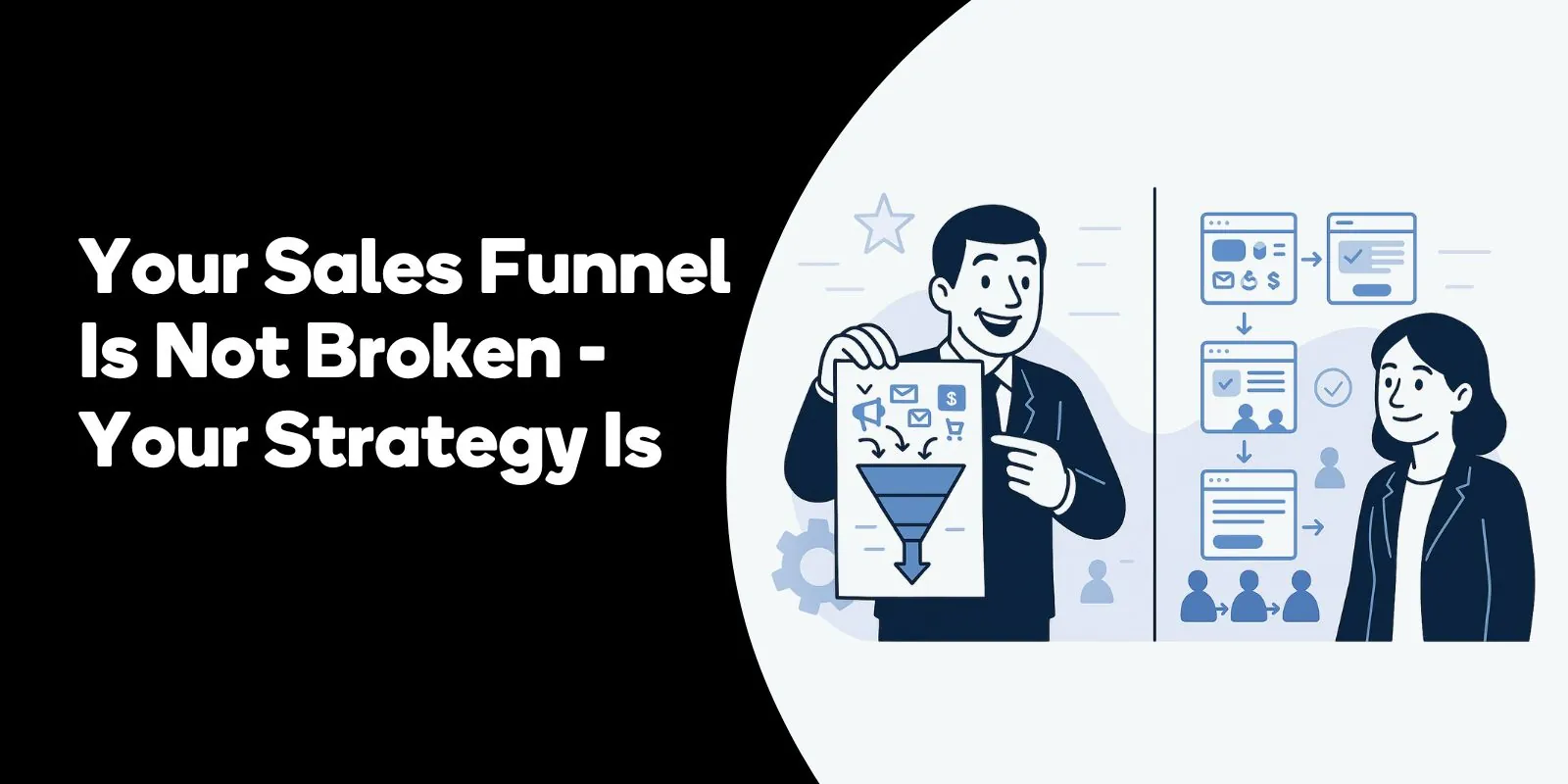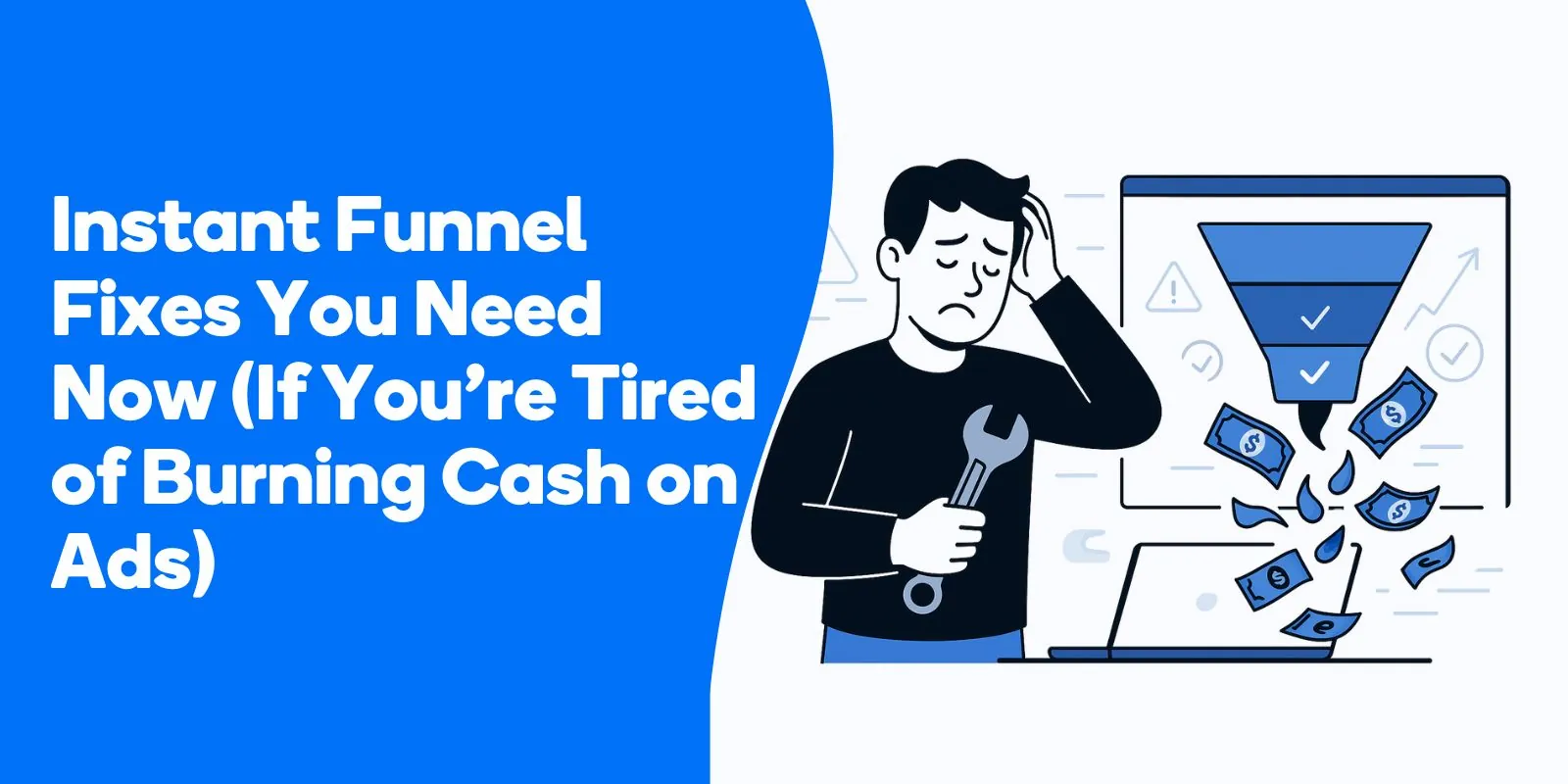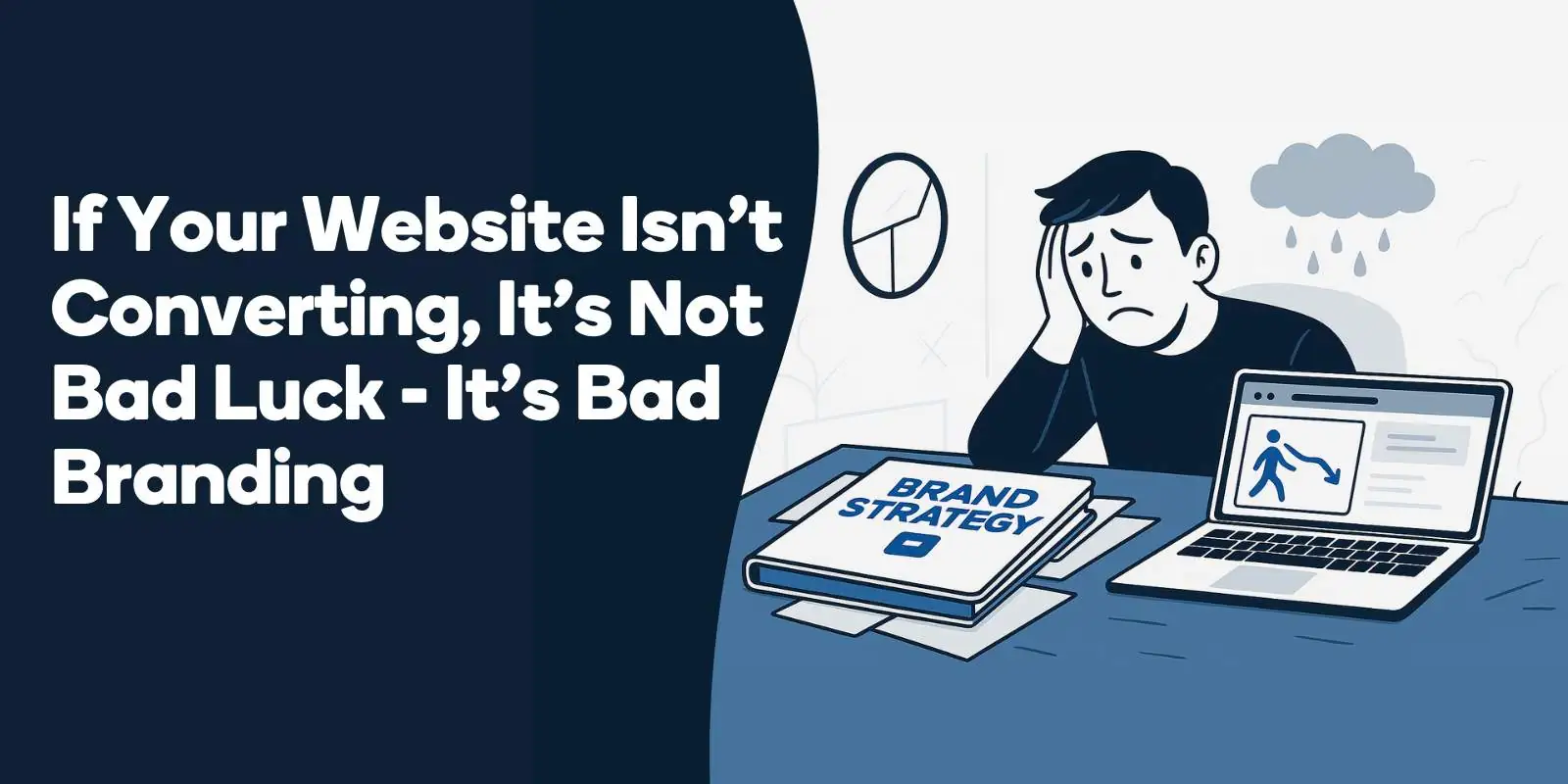In this complete guide, we’ll walk you through the ins and outs of building a business funnel that attracts and retains customers, ultimately boosting your revenue and growth.
Understanding the Business Funnel
Imagine a funnel that captures potential customers, guiding them through a series of stages until they become paying customers.
That’s precisely what a business funnel does. It’s a marketing concept that facilitates the buying process, helping sales and marketing teams understand and optimize each stage of the sales process.
The primary phases of a business funnel are Awareness, Interest, Decision, and Action. These stages aim to create loyal customers by effectively guiding them towards a purchase.
Research and planning, developing engaging content, utilizing marketing channels, and analyzing performance metrics are all essential for forming an effective sales funnel.
By understanding a customer’s journey, businesses can devise effective marketing strategies to increase conversion rates and sales.
So, what exactly is a business funnel, and why is it so important? Let’s dive deeper into the concept and its significance!
What is a Business Funnel?
A business funnel is a marketing strategy that outlines the path a customer takes when making a purchase. It consists of stages, such as awareness, interest, decision, and action, which are essential to create a sales funnel that converts prospects into customers.
The objective of a business funnel is to generate repeat customers with long-term value by guiding them through the sales funnel process.
The funnel metaphor is used to illustrate a business funnel, helping businesses understand and optimize their own sales funnel for better results.
In a small business, a business funnel typically begins with a limited number of products. By examining the sales and marketing strategies of competitors, businesses can replicate and evaluate them within their sales and marketing processes, a process known as funnel hacking.
Why is a Business Funnel Important?
A business funnel is essential for streamlining marketing strategies and aligning sales and marketing teams. It helps businesses target the right audience and understand the customer journey, making it easier to devise effective marketing strategies that increase conversion rates and sales.
Sales funnels provide a visual representation of each stage of the process, enabling businesses to create marketing strategies that resonate with their potential customers.
In addition, a business funnel is vital for customer retention, as it allows businesses to identify potential customers at various stages of the sales process and tailor their marketing efforts accordingly.
By understanding and addressing the needs of their target audience, businesses can create a sales funnel that effectively guides potential customers through the buying process, ultimately resulting in more paying customers.
Key Stages of a Business Funnel
Now that we understand the concept and importance of a business funnel, let’s break down its key stages. Each stage plays a crucial role in guiding potential customers through the buying process, ultimately contributing to the overall sales process.
The primary stages of a business funnel are Awareness, Interest, Decision, and Action. These stages are designed to create loyal customers by guiding them through the sales funnel process.
By understanding the intent of each stage, businesses can effectively tailor their marketing strategies to target potential customers at every stage of the sales process.
Let’s dive deeper into each of these stages to understand how they contribute to the overall sales process.
Awareness Stage
The Awareness stage is the first stage of a business funnel. In this stage, potential customers become aware of a brand and its offerings.
The objective of the Awareness stage is to encourage potential customers to progress to the next step, which is to gain further knowledge about the brand.
Marketers can capture prospects through their lead generation process using various channels, such as writing informative blog posts, running targeted ads, and developing a strong social media presence.
By engaging with potential customers in a manner that is suitable to them, businesses can facilitate potential customers entering the funnel on their own terms during the awareness stage.
Business Funnel Interest Stage
The Interest stage is the second stage of a business funnel, where prospects demonstrate interest in a product or service and interact with marketing initiatives.
The objective during the Interest stage is to progress buyers from the top to the middle of the funnel by illustrating the value of the product or service.
During the Interest stage, sales teams utilize prospecting tools, sales prospecting, and lead scoring to engage with leads.
By considering the various types of users in the Interest stage and tailoring marketing efforts to address their specific needs, businesses can generate personalized content and follow-ups that focus on educating leads about the solution and demonstrating the benefits of utilizing it.
Business Funnel Decision Stage
The third sales funnel stage, known as the Decision stage, is where potential customers evaluate options and make a decision to purchase or not.
This stage is of great importance as it is the stage in which negotiations are conducted and the prospect makes a definitive decision to purchase or not, thus concluding the sales funnel.
During the Decision stage, marketing materials should focus on the unique aspects of your product or service and the advantages of your company.
Including an FAQ section on your website during the Decision stage can address any queries the potential customer may have and improve the likelihood of closing the sale.
Business Funnel Action Stage
The Action stage is the final stage of a business funnel, where prospects take action, such as making a purchase or signing up for a newsletter.
During the Action stage, businesses should assess the efficacy of each offer and the outcomes of different offers to determine which one is most effective in transforming leads into customers.
After the Action stage, the buyer awaits their product. By optimizing the sales funnel stage at each step, businesses can enhance customer satisfaction and ensure the smoothest possible customer journey.

Award-Winning
Sales Funnel & Website Expert
Discover How My Agency Can Grow Your Business
- Website: Our websites are the perfect blend of form and function.
- Sales Funnel: We build sales funnels that turn leads into customers.
- SEO: Get found online with our expert SEO services.
Creating an Effective Business Funnel
Creating a successful business funnel is no easy task, but with careful research and planning, you can design a funnel that is tailored to your company’s needs and goals.
In this section, we will provide guidance on the essential steps to creating an effective business funnel, from conducting market research to utilizing marketing channels and analyzing performance metrics.
By following these steps and best practices, your business can build a sales funnel that effectively guides potential customers through the buying process, ultimately resulting in more sales and loyal customers.
Research and Planning
Before diving into the creation of your business funnel, it’s essential to conduct market research and plan your strategy.
Research and planning are crucial in constructing an effective business funnel, as they help direct prospects through the customer journey and allow for the optimization of sales and marketing efforts.
Market research should involve collecting data on your target audience, comprehending their needs and wants, and analyzing your competitors.
By understanding your target market and their preferences, you can create a tailored marketing strategy that speaks to their unique needs and desires. This will ultimately help you create a more effective sales funnel that drives conversions and sales.
Developing Engaging Content for a Business Funnel
Your business funnel is only as effective as the content you create to engage and retain potential customers. To create compelling content, it’s crucial to understand your target audience and develop content that resonates with them.
To capture their attention, consider incorporating visuals and optimizing your content for search engines.
By crafting engaging content that caters to your target audience, you can attract more potential customers, form connections with them, and lead them through the customer journey towards a purchase.
This will ultimately result in a more effective business funnel that drives conversions and sales.
Utilizing Marketing Channels
Your business funnel will be much more effective if you utilize various marketing channels to reach and engage your target audience.
Some popular marketing channels include email, social media, search engine optimization (SEO), content marketing, influencer marketing, and paid advertising.
Selecting the appropriate marketing channels for your business depends on your target audience, budget, and the type of content you plan to create.
By leveraging multiple marketing channels, you can maximize your reach and connect with potential customers at different stages of the funnel, augmenting brand recognition and stimulating growth.
Optimizing Your Business Funnel
Once your business funnel is up and running, it’s important to continuously improve and refine it to achieve better results.
Optimizing a business funnel involves automating certain tasks, researching the target audience, and addressing the most prominent drop-offs in the funnel.
Additionally, it’s essential to prioritize the customer in every aspect of your marketing and sales efforts.
In this section, we’ll discuss various strategies and techniques that can help you optimize your business funnel, from analyzing performance metrics to conducting A/B testing and implementing continuous improvement.
Analyzing Performance Metrics
Tracking key performance indicators (KPIs) is crucial for assessing the effectiveness of your business funnel.
By monitoring funnel metrics, you can accurately quantify marketing and sales performance for each stage of the customer journey, observe user actions and behaviors, and evaluate the success of your conversion funnel.
Some important performance metrics to track include website traffic, conversion rates, customer lifetime value, and customer acquisition cost.
By analyzing these metrics, you can identify areas that require improvement and determine which strategies are yielding positive results, allowing you to optimize your business funnel for better results.
Business Funnel A/B Testing
A/B testing is a valuable technique for optimizing various elements of your business funnel, such as landing pages and email campaigns.
This method involves creating two versions of a webpage or marketing campaign and then evaluating their performance to determine which one is more effective.
By conducting A/B tests, you can pinpoint the elements that are most effective in transforming leads into customers and enhance the overall conversion rate of your funnel. This can ultimately lead to improved results and a more successful business funnel.
Continuous Improvement
Continuous improvement is an essential aspect of optimizing your business funnel. This approach encourages ongoing adjustments and enhancements to your funnel based on data-driven insights.
Continuous improvement methods include process mapping, root cause analysis, benchmarking, and Kaizen.
These techniques can help businesses detect areas of inefficiency and waste, allowing for more effective utilization of resources, improved customer satisfaction, and cost savings.
By consistently refining and optimizing your business funnel, you’ll be better equipped to drive conversions and sales.
Business Funnel Tools and Technologies
To support and enhance your business funnel efforts, there are several essential tools and technologies available.
These include sales funnel software, landing page builders, email marketing software, customer relationship management (CRM) systems, and analytics tools.
By leveraging these tools and technologies, you can streamline your marketing and sales processes, generate more leads, and optimize your funnel for increased conversion rates and improved ROI.
CRM Software
Customer relationship management (CRM) software plays a vital role in managing leads and tracking customer interactions within your business funnel.
CRM software provides businesses with the capability to store customer data, track customer interactions, and develop automated processes for customer service.
By using CRM software, businesses can track sales progress, identify target audiences, and create targeted campaigns to reach those audiences. This can ultimately lead to higher sales volumes and better customer retention.
Marketing Automation Platforms
Marketing automation platforms are valuable tools that can help streamline and automate your marketing tasks.
These platforms offer a variety of features, including email automation, lead scoring, customer segmentation, analytics, campaign creation and management, customer behavior tracking, and campaign optimization.
By leveraging marketing automation platforms, businesses can increase efficiency, enhance customer engagement, improve lead nurturing and conversion rates, and create more targeted campaigns.
Additionally, automating repetitive tasks can result in time and cost savings for your business.
Analytics Tools for a Business Funnel
Analytics tools can provide valuable insights into customer behavior and funnel performance. These tools enable businesses to track user behavior throughout the funnel, such as page visits, time spent on each page, and user interactions.
This data can be used to identify areas of friction and drop-off, as well as to understand user behavior and preferences.
By utilizing analytics tools, businesses can optimize the funnel by modifying the user experience, such as altering page layouts, adding or removing content, and adjusting the timing of messages.
This can ultimately lead to enhanced customer satisfaction and improved conversion rates.
Real-Life Business Funnel Examples
To inspire and inform your own business funnel strategy, let’s take a look at some real-life business funnel examples from various industries.
These examples showcase how successful business funnels can attract and retain customers, ultimately boosting revenue and growth.
By studying these examples, you can gain insight into how to create an effective business funnel for your own company. You can also learn how to optimize your funnel to maximize conversions and increase customer loyalty.
B2B Business Funnel Example
A B2B business funnel typically follows a five-stage model, which includes Awareness, Interest, Consideration, Evaluation, and Purchase, with loyalty being a crucial step to ensure customer satisfaction and long-term loyalty.
For example, a software company might use targeted content marketing, social media advertising, and email nurturing campaigns to engage potential clients and guide them through the sales process.
By effectively attracting and converting potential clients, this B2B business funnel example demonstrates the power of a well-crafted sales funnel in driving growth and revenue.
B2C Business Funnel Example
In a B2C business funnel example, a company might initiate a campaign by purchasing ads targeting outdoorsy Facebook users with the purpose of selling mountain bikes.
As potential customers engage with these ads, they are directed to a landing page showcasing the product and its features, along with a call-to-action to make a purchase or sign up for a newsletter.
By engaging and retaining customers through targeted marketing tactics, this B2C business funnel example illustrates the effectiveness of a well-designed sales funnel in driving conversions and sales.
Frequently Asked Questions
What are the 7 phases of a funnel?
The 7 phases of a funnel are typically identified as Awareness, Interest, Evaluation, Decision, Purchase, Retention, and Advocacy. Together, these phases form the customer journey from first engaging with your brand to becoming an advocate.
By identifying each step and understanding how it fits into the overall journey, you can craft marketing plans that make a lasting impact on customers.
What are the 4 key elements in the funnel?
The four key elements of a successful marketing funnel are Awareness, Interest, Desire, and Action. By creating content that targets each stage of the buyer’s journey, businesses can effectively engage their potential customers and nurture them to convert into loyal fans.
Utilizing these stages appropriately can help to maximize success in the customer acquisition process.
What are the 4 stages of funnel?
The four stages of the marketing funnel are awareness, consideration, conversion, and loyalty. Each stage requires targeted strategies to help attract, inform, convert, and engage customers.
By optimizing each phase, brands can increase their effectiveness in generating quality leads and converting them into loyal customers.
What are the primary stages of a business funnel?
The business funnel typically begins with generating Awareness of the product or service, followed by stirring Interest in the audience, leading to a decision to purchase, and culminating in taking action.
How can I create engaging content for my business funnel?
Creating engaging content for your business funnel starts with understanding your target audience and developing content that resonates with them. Include visuals to drive further engagement and attract more visitors.
Conclusion
In conclusion, a well-designed business funnel is crucial for guiding potential customers through the buying process, ultimately leading to increased conversions and sales.
By understanding the key stages of a business funnel, creating engaging content, utilizing marketing channels, and continuously optimizing your funnel, you’ll be well-equipped to drive growth and revenue in your business.
Remember, the key to a successful business funnel is to always prioritize the customer and tailor your marketing efforts to their unique needs and preferences.










